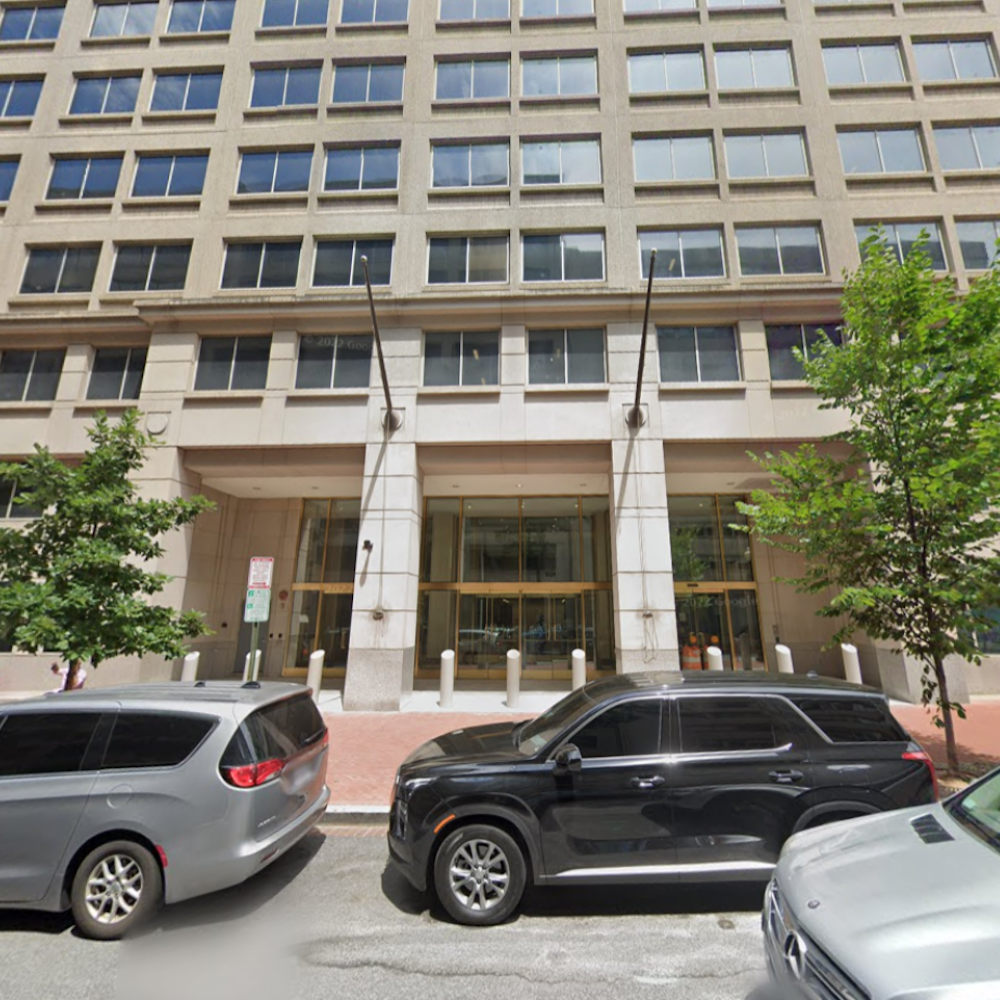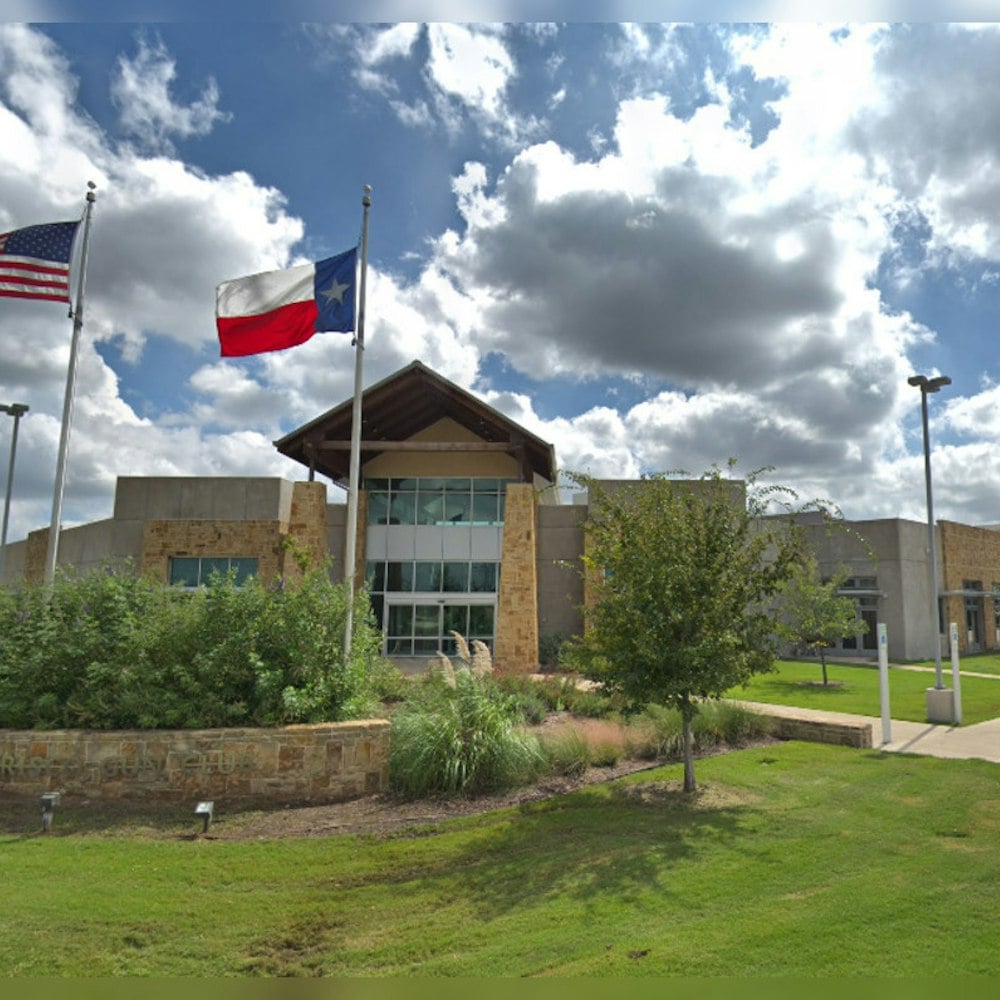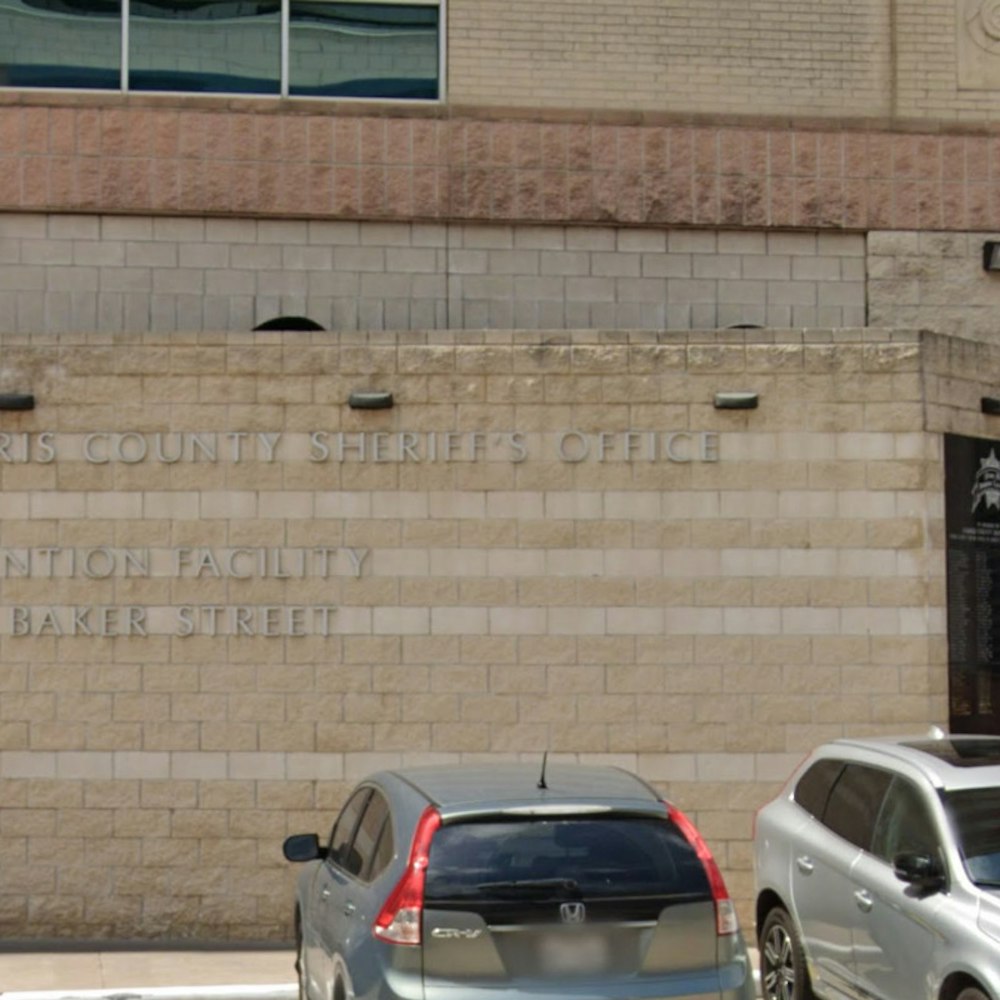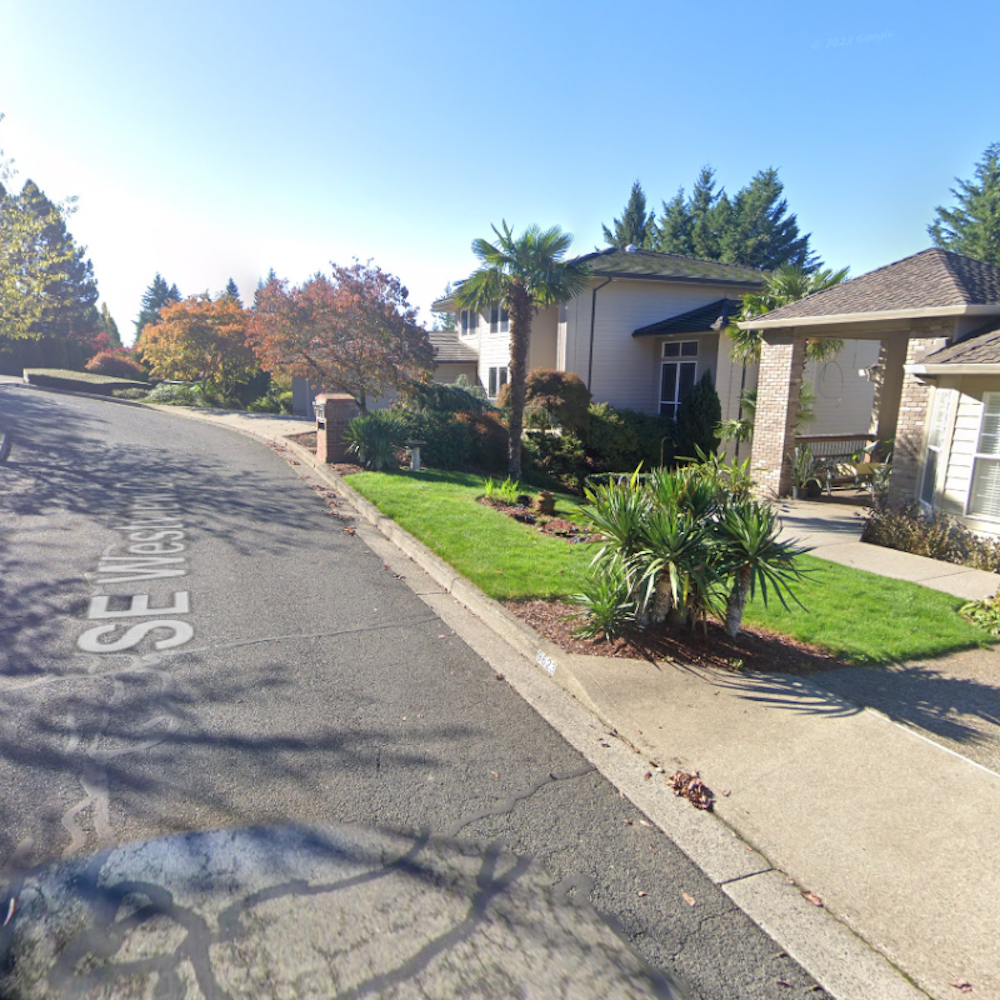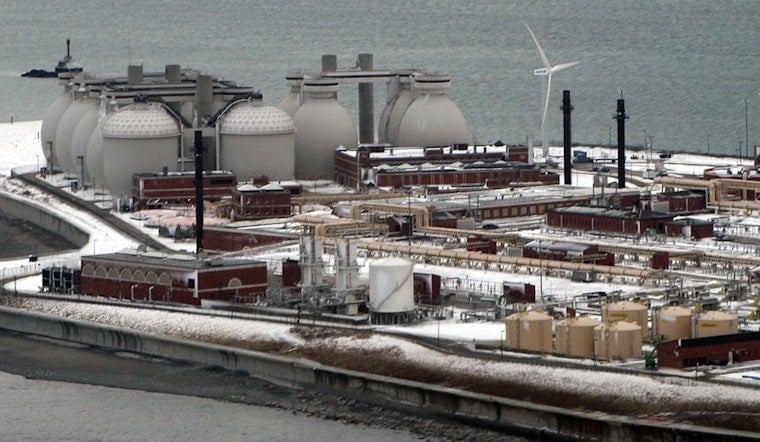
Last Friday, Boston's public health officials issued a warning to residents in response to a series of sewage discharges stemming from combined sewer overflows (CSOs) in parts of the city. These incidents, originating at Jeffries Point in East Boston and Prison Point in Charlestown, pose potential health risks to the public due to heightened levels of bacteria and pollutants associated with sewage and stormwater runoff.
Following the discharges on Friday, officials have advised residents to avoid contact with affected water bodies for at least 48 hours, as well as during rainstorms to help prevent exposure to harmful bacteria and pollution. They also emphasize the importance of monitoring updates on the Massachusetts Water Resources Authority website and the Boston Water and Sewer Commission website for the latest information about current conditions and ongoing risks.
These widespread issues arise from combined sewer systems that are unable to sufficiently handle the volume of sewage and stormwater produced during heavy rain events. When these systems become overwhelmed, rainwater mixes with untreated wastewater and overflows into nearby waterways, causing significant pollution and public health concerns.
Given the gravity of the situation, residents and activists alike are calling for action. According to a Boston.com article published in July 2022, various advocacy groups have urged local and state authorities to invest in infrastructure improvements to tackle the ongoing problem of CSOs.
In addition to infrastructural investments, encouraging community engagement and awareness of the issue is essential in order to enact meaningful change. One such example is the Mystic River Watershed Association (MyRWA), which works with local organizations and residents to monitor water quality, identify sources of pollution, and advocate for policies and infrastructure improvements to reduce CSOs and their impacts on surrounding waterways.
As reported by The Boston Globe last year, similar concerns were raised in Massachusetts regarding the outdated infrastructure and widespread presence of CSOs throughout the state. While some progress has been made in recent years, including the construction of storage facilities and treatment plants to better handle stormwater, significant work remains to be done in order to fully address the issue and protect our waterways and public health.
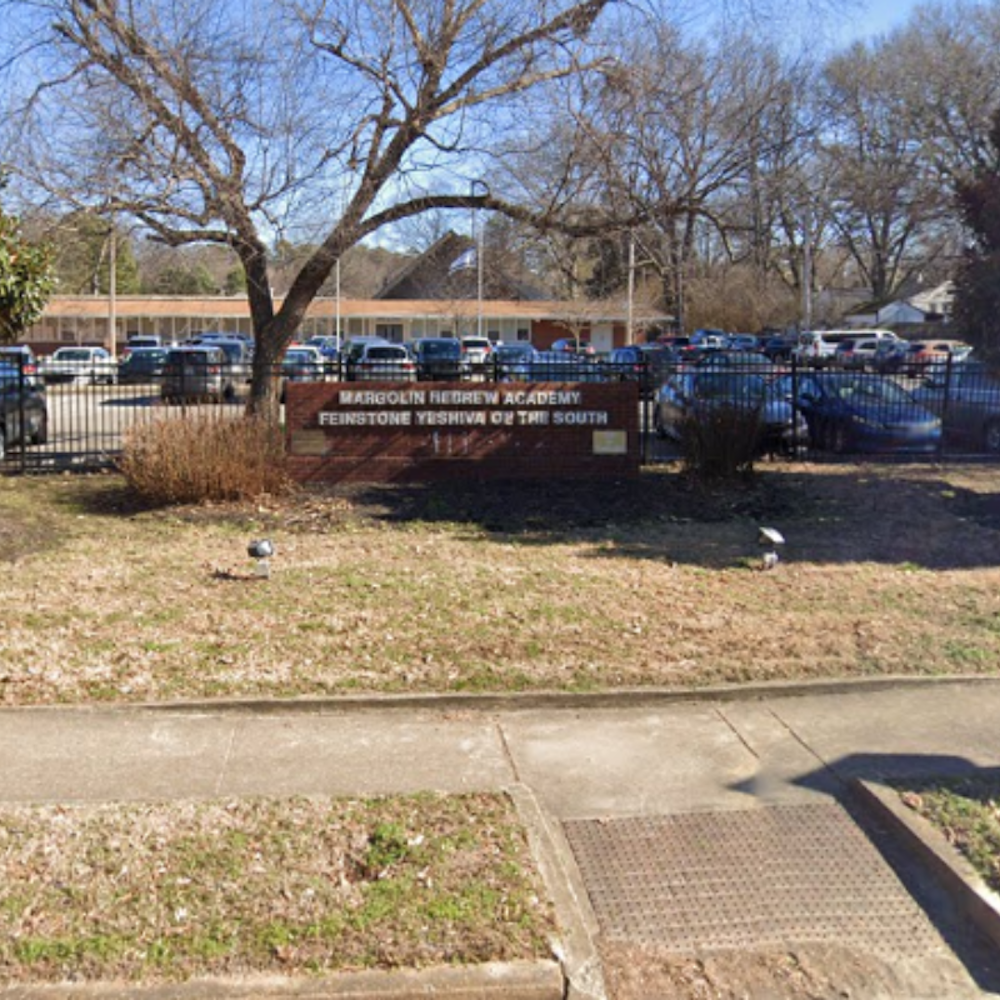
-1.webp?w=1000&h=1000&fit=crop&crop:edges)
